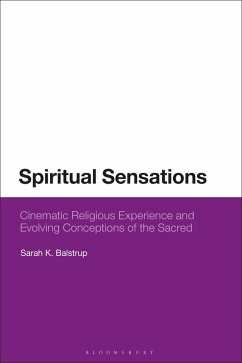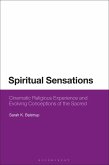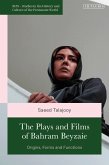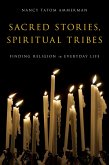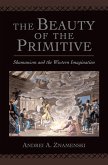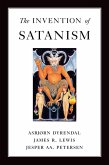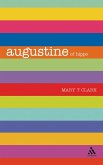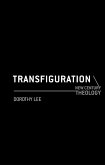The secular, pluralist culture of the West encourages a subjective approach to spiritual truth where stimulating emotional experiences, such as those provided by film, can contribute to personal conceptions of the sacred. Examining Stanley Kubrick's 2001: A Space Odyssey (1968) as the principal case-study and Gaspar Noé's Enter the Void (2009) and Lars von Trier's Melancholia (2011) as comparative examples, Sarah Balstrup argues that these directors harness the affective properties of film to generate altered states of perception in a manner analogous to religious practice.
Powerful feelings of dissociation and indescribable significance typical of mystical testimony appear in viewer responses to these films, demonstrating the continued sacralisation of such states of mind. In their own way, each film confronts the viewer with an apocalyptic revelation of the impersonal forces of the universe, moving away from personhood and the human narrative, into pure sensation. They present a non-deterministic spiritual truth that can be intuited but not explained, mirroring developments in the religious sphere.
Investigating the relationship between cinematic technique and religious experience, Spiritual Sensations offers an alternative approach to the study of religion and film that has been principally focused on narrative symbolism and the dramatisation of values. Spiritual Sensations makes a further contribution to the field by analysing films contextually, considering viewers' subjective responses in light of religious and cultural change.
Hinweis: Dieser Artikel kann nur an eine deutsche Lieferadresse ausgeliefert werden.
Powerful feelings of dissociation and indescribable significance typical of mystical testimony appear in viewer responses to these films, demonstrating the continued sacralisation of such states of mind. In their own way, each film confronts the viewer with an apocalyptic revelation of the impersonal forces of the universe, moving away from personhood and the human narrative, into pure sensation. They present a non-deterministic spiritual truth that can be intuited but not explained, mirroring developments in the religious sphere.
Investigating the relationship between cinematic technique and religious experience, Spiritual Sensations offers an alternative approach to the study of religion and film that has been principally focused on narrative symbolism and the dramatisation of values. Spiritual Sensations makes a further contribution to the field by analysing films contextually, considering viewers' subjective responses in light of religious and cultural change.
Hinweis: Dieser Artikel kann nur an eine deutsche Lieferadresse ausgeliefert werden.

